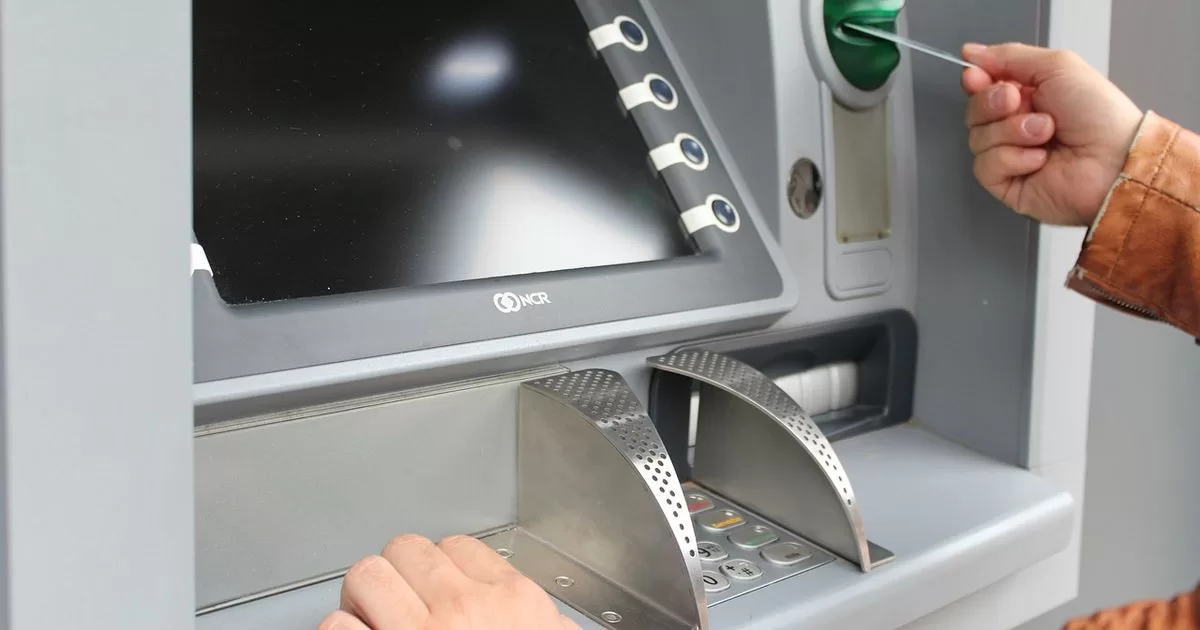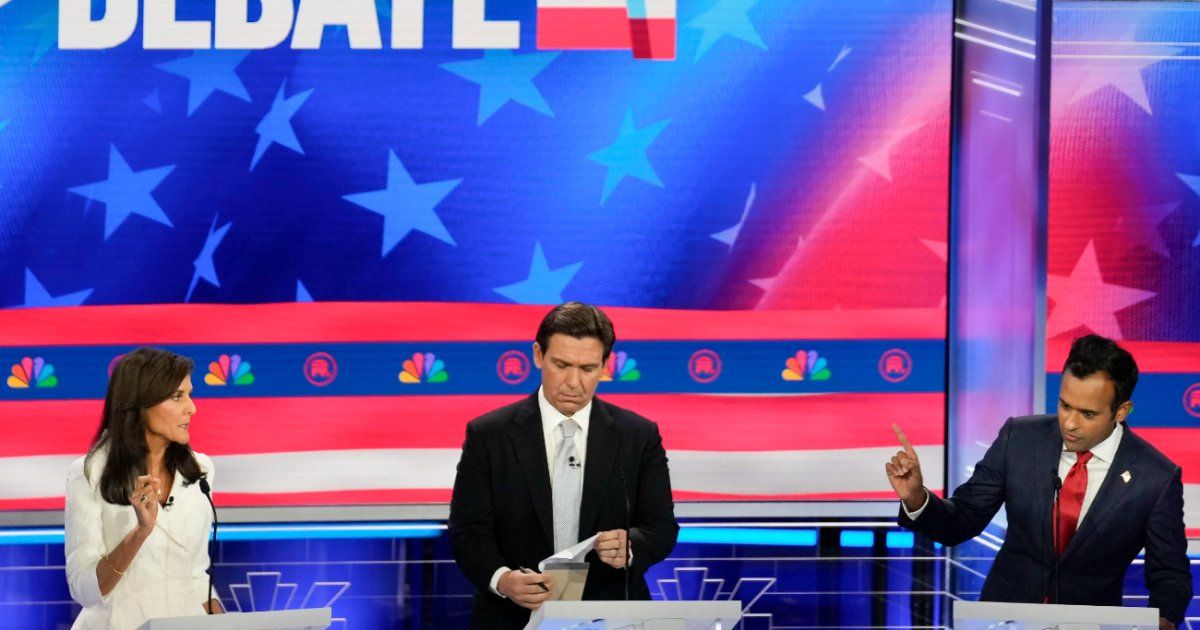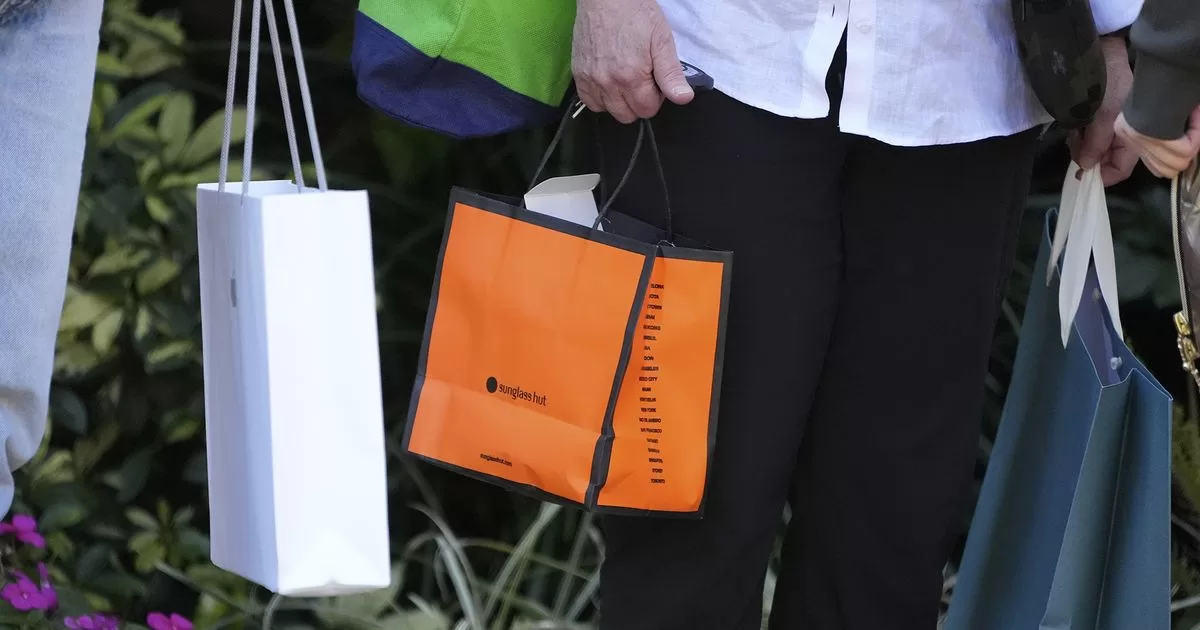NEW YORK — Fees for not having a minimum balance in your bank account could drop to as little as $3, under a proposal by federal regulators aimed at eliminating fees they consider an unnecessary burden on Americans, particularly those subsisting paycheck to paycheck. .
The new rules could strip billions of dollars in profits from the nation’s largest banks, which were already preparing to do battle even before Wednesday’s announcement. The exact amount they will lose will depend on which version of the regulations is approved.
Banks charge a customer those fees if their account drops below zero. It began as a courtesy offered to some customers when processing paper checks took days, but proliferated as debit cards became more widely used.
“For too long, banks have charged exorbitant fees — sometimes $30 or more — that often hit the most vulnerable Americans hardest, while banks line their pockets,” President Joe Biden said in a statement. “Banks call it service. I call it exploitation.”
Under the new proposal, banks would only charge the customer the amount they needed to reach zero. To do this, they would have to prove the amount to the Consumer Financial Protection Bureau (CFPB).
Another possibility is that they charge a unified fee among all financial institutions.
Regulators have proposed various rates — $3, $6, $7 and $14 — and will seek comment from the industry and the public to determine the appropriate amount. The CFPB says it arrived at those figures by examining how much it cost banks to recover losses incurred from accounts that were overdrawn and never compensated.
According to research conducted by Bankrate in August of last year, the average non-sufficient funds fee was $26.61, although some banks charge as much as $39.
The nation’s largest banks receive approximately $8 billion each year from overdraft collections each year, according to CFPB data and bank public records.
Biden has made the elimination of bank fees one of the priorities within his economic agenda ahead of the November elections. Shortfall fees have been at the center of that campaign, and the White House asked regulators last year to do what they can to limit the practice.
Source: With information from AP





